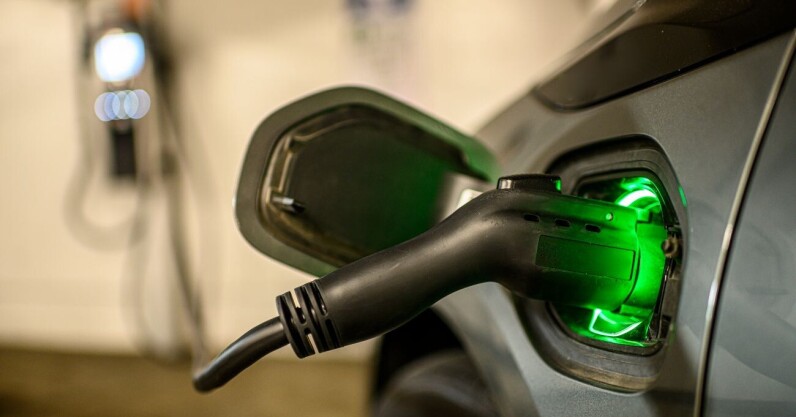
Europe can dramatically cut its dependence on imported fossil fuels by adopting electricity-based technologies, according to a new report.
Electric vehicles, heat pumps, and renewables could cut global reliance on imported fossil fuels by 70% when used to replace them in transport, heating, and power, according to energy think tank Ember.
The think tank refers to this trio of technologies as “electrotech.” Replacing imported fossil fuels with these three key levers would save importers $1.3 trillion (€1.14 trillion) globally each year, Ember said.
Cutting reliance on US, Russian fossil fuels
Russia’s full-scale invasion of Ukraine in 2022 exposed one of Europe’s greatest vulnerabilities — its reliance on imported fossil fuels to power its vehicles, heat its buildings, and drive its industries forward.
40% off TNW Conference! For 1 week only…
Register by 28 April & save up to €700 on General Admission, Corporate, VIP & Investor Passes, and Startup/Scaleup packages
Three years on, Europe is still hooked on foreign supplies of oil and gas. Many European states cater to the majority of their primary energy needs from these fossil fuel imports. The countries include Italy (77%), Spain (74%), Germany (67%), and France (51%), Ember found.
“Fossil-importing nations are like frogs in boiling water, failing to detect the gradually increasing danger,” said Kingsmill Bond, energy strategist at Ember. “Import dependency has been rising for decades, and now Donald Trump has turned up the heat to a boil.”
Europe has more than halved its imports of Russian fossil fuels since Moscow invaded Ukraine. But in the process, it has shifted its dependencies across the Atlantic.
The EU imported more oil and gas from the US than any other country in 2024. Concerns over this dependence have grown since Donald Trump’s reelection.
Trump’s tariff wars and regional conflicts have placed global trade under greater threat than at any time since the Second World War. Faced with increasingly volatile global markets, “electrotech offers the fastest escape route,” said Bond.
Looking east
Rapid adoption of electric vehicles would make the largest single contribution to Europe’s energy independence, the report found. By cutting oil use in road transport, EVs could reduce fossil fuel imports by a third. Scaling up solar and wind could slash another 23%. Using heat pumps instead of imported fossil fuels to heat buildings would cut a further 14%.
These moves would likely require more exports from China. In 2024, the country was by far the largest exporter of solar panels, batteries, and electric vehicles to the EU.
Boosting Europe’s share of electrotech might deepen this reliance on China, but the report found that would pose less threat to energy security than depending on fossil fuel imports.
Fossil fuels must be imported and burned without pause. Electric technologies, however, need just one import — of a solar panel or battery, for instance — to secure energy for years, if not decades.
Rapid adoption of electric technologies will also be crucial to meeting the EU’s target of carbon neutrality by 2050.
Europe’s digital sovereignty will be a hot topic at TNW Conference, which takes place on June 19-20 in Amsterdam. Tickets for the event are now on sale — use the code TNWXMEDIA2025 at the check-out to get 30% off.



